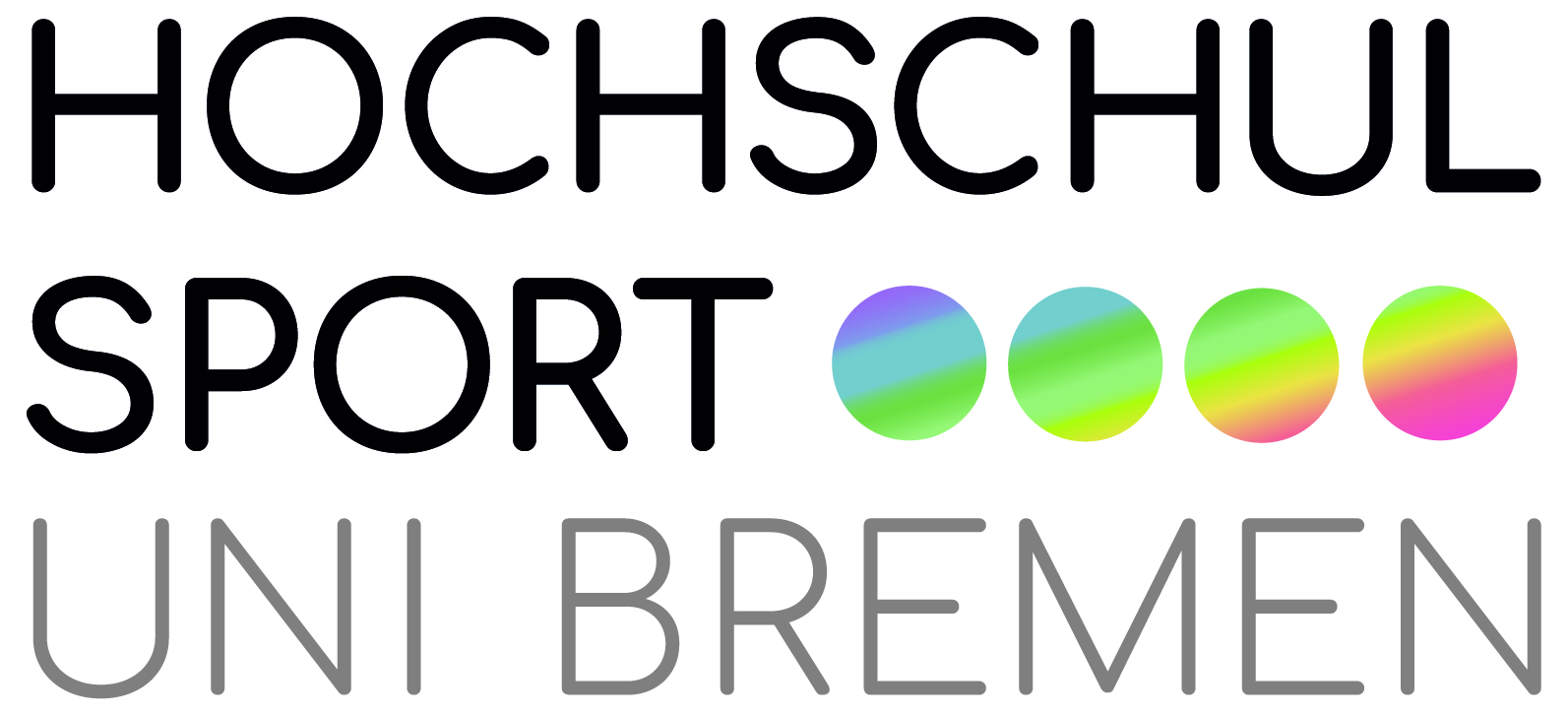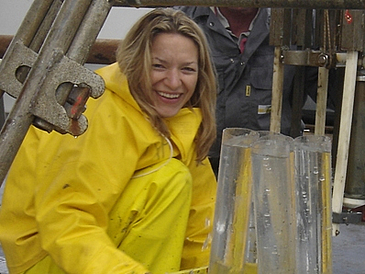Antje Boetius, Professor of Geomicrobiology at the University of Bremen and lead scientist of the deep-sea research group at the Alfred Wegener Institute for Polar and Marine Research in the Helmholtz Association, has been awarded funding in an amount of € 3.4 million from the European Research Council. Prof. Boetius will use the funds to explore the deep-sea floor in the Arctic and to investigate the role of the largely unknown bacterial communities living there. The funding is for a five year period and the project will start next year.
“It is already known that over a billion bacterial cells live in each gram of the muddy sediment to be found at the bottom of the oceans. Recently, though, we discovered that the same amount of sediment contains up to 10,000 different types of microorganisms, most of which are unknown. Many of them are extremely clever at finding nourishment, deriving energy from the algal detritus sinking to the seabed and converting it into biomass – no matter how small it may be. How they do this is still a mystery, but of great importance for the global carbon cycle, as well as for understanding geological depositional processes and the diversity of life on the ocean floor” says Antje Boetius about her research topic.
For several years, Antje Boetius and her colleagues at the Alfred Wegener Institute have been researching the biological communities of the Arctic seabed at the institute's own deep-sea observatory, the so-named “HAUSGARTEN” research area in the Fram Strait between Greenland and Spitsbergen. The “Advanced Grant” awarded by the European Research Council is in recognition of her work and will provide her with the opportunity to explore in more detail the tiny “waste recyclers” in the marine sediment with innovative cutting-edge methods, “I am very excited about this grant. It enables us for example to deploy modern under ice robots in the deep sea at ‘HAUSGARTEN’. We also intend to use new molecular techniques to search for unknown species of bacteria and understand what they are doing”, says the scientist.
The research project is called “ABYSS - Assessment of bacterial life and matter cycling in deep-sea surface sediments”. The award will facilitate Prof. Boetius’ work with other top-rate scientists, including researchers from the MARUM (Center for Marine Environmental Sciences at the University of Bremen), from the Max Planck Institute for Marine Microbiology, from the universities of Oldenburg, Vienna, Copenhagen, as well as the Woods Hole Marine Biological Laboratory (U.S).


